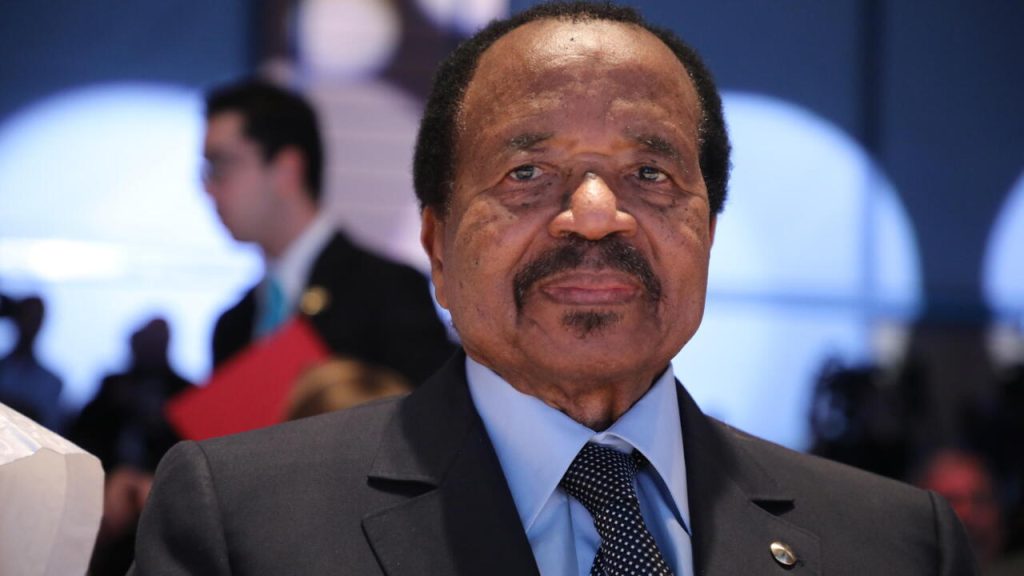Cameroonian President Paul Biya has called for urgent action to address the pressing economic challenges faced by central African nations. Speaking on Monday at a special summit of the Economic Community of Central African States (ECCAS) in Yaoundé, Biya highlighted the declining external assets in central Africa and warned of dire consequences if immediate measures are not taken.
“Our net external assets have declined significantly. This situation is concerning and calls for urgent action on our part to turn the tide,” said Biya, who at 91 is the world’s oldest head of state and has been in power for 42 years. This marked his first public appearance since late October, following weeks of speculation about his health after his return to Cameroon on 21 October.
Biya urged ECCAS members, including the Central African Republic, Republic of Congo, Gabon, Equatorial Guinea, and Chad, to implement concrete steps to stabilise the economy. He warned of potential disaster if the region’s economic woes are not addressed, emphasising the need for a collaborative approach.

ECCAS, an 11-nation bloc under the African Union, focuses on fostering regional economic cooperation. While recent media reports speculated about a possible devaluation of the regional CFA franc currency, the Cameroonian presidency clarified on Sunday that no monetary adjustment was on the summit’s agenda.
At the event, attended by leaders from the Central African Republic, Gabon, and Equatorial Guinea, along with representatives from the International Monetary Fund and African Development Bank, Central African Republic President Faustin Archange Touadera outlined the bloc’s resilience to past crises. Touadera, who heads ECCAS, noted the region had weathered volatile raw material prices, security threats, climate change, and health emergencies.
Touadera highlighted recent economic growth, which reached 2.7 per cent in 2024 compared to a contraction of 1.1 per cent in 2016. He attributed this to the implementation of more than 60 per cent of agreed reforms.
However, a joint report by the IMF and World Bank released in April 2024 offered a more sobering assessment. The report criticised the stagnation of real incomes across the Central African Economic and Monetary Community (CEMAC) over the past three decades, despite oil revenues and increased public spending. It described the region’s economy as undiversified and overly reliant on oil, with significant untapped potential in the internal market.
The report also highlighted persistent income inequality and a sluggish pace of reform implementation. National debt remains a critical concern in the region, with Gabon’s debt reaching 70 per cent of its GDP, contributing to slower growth of 2.4 per cent in 2023. Meanwhile, the Republic of Congo faces soaring poverty levels, inflation of 4.3 per cent in 2023, and debt climbing to 96 per cent of GDP.
Touadera urged ECCAS members to prioritise fiscal discipline and strengthen their central bank’s monetary policy to ensure a robust external financial position and sustained inflation reduction. He stressed the importance of addressing these issues collectively to secure the region’s economic future.


